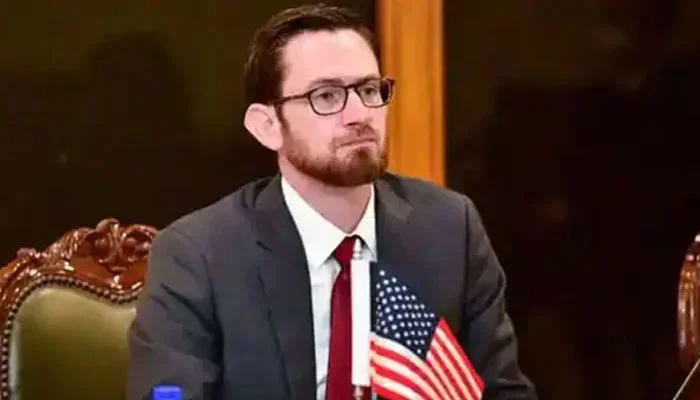On Tuesday night, Washington’s special envoy for Afghanistan expressed concerns regarding the Islamic Emirate’s efforts to normalize relations with the global community, citing significant obstacles posed by their policies.
Addressing an audience at the Stimson Center, a nonpartisan think tank in Washington, Thomas West asserted, “I believe that progress towards normalization may prove elusive. Unity within the international community will persist unless we witness a substantial shift in the Islamic Emirate’s treatment of its population.”
West pointed out that the United States was not leading the charge for global nonrecognition but had specific conditions that remained unmet by the Islamic Emirate.
“First and foremost, the Taliban, or the Islamic Emirate, must fully meet their security obligations,” West emphasized. He noted that while al-Qaeda’s influence had significantly diminished since its relocation to Afghanistan from Sudan in 1996, concerns lingered about other terrorist groups operating within the country.
Additionally, West underscored the importance of the Islamic Emirate establishing a more inclusive political system and guaranteeing women’s rights to education and employment.
He also advocated for meaningful reforms and changes within Afghanistan to originate organically rather than being imposed externally through pressure. West stated, “If there is to be progress in enabling women to return to secondary schools, girls’ secondary schools, and universities, it will stem from within the nation. It will not be achieved through external requests; it will be an internal matter.”
West acknowledged the active roles played by several predominantly Muslim nations, including Qatar and Indonesia, as well as the Organization for Islamic Cooperation (OIC), in engaging the Islamic Emirate on women’s rights issues.
In the previous month, an OIC delegation comprised of Islamic scholars from various Muslim-majority countries visited Afghanistan in an attempt to persuade Islamic Emirate officials to lift the ban on women’s secondary education and employment.


